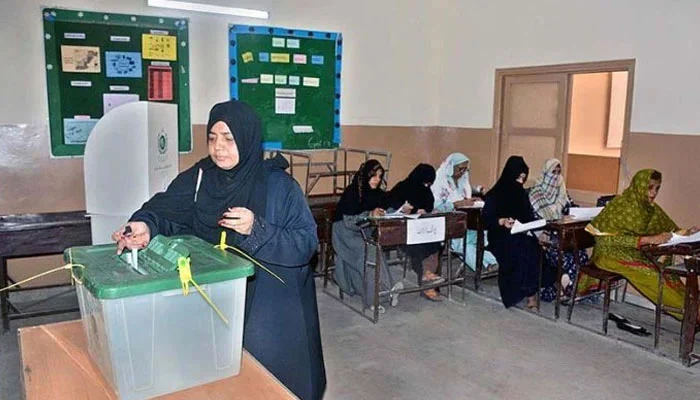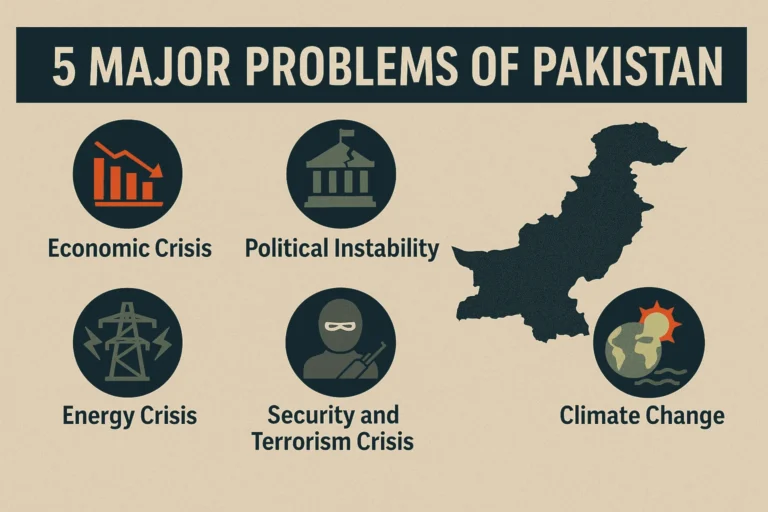The Role of Pakistan in Muslim World Politics
Introduction
Introduction — Credibility flows from domestic stability, economic strength and consistent diplomacy.. This editorial takes a policy-first lens: define the problem, weigh trade‑offs, and propose concrete steps with accountability. We avoid partisan spin and focus on citizen outcomes—service delivery, rights, and economic mobility. In Pakistan’s 2025 context, credible reform means transparent data, independent oversight and participatory governance. We situate the argument in recent history, then outline pragmatic reforms that a new cabinet or legislature could adopt within 6–18 months. Where numbers are missing, we specify what to measure and how to publish it so the public can track progress. Each section ends with practical actions for citizens, civil society, media and businesses to push the agenda forward.
Legacy
Legacy — OIC work, Palestine stance and regional ties. This editorial takes a policy-first lens: define the problem, weigh trade‑offs, and propose concrete steps with accountability. We avoid partisan spin and focus on citizen outcomes—service delivery, rights, and economic mobility. In Pakistan’s 2025 context, credible reform means transparent data, independent oversight and participatory governance. Short-term actions should be reversible pilots with clear KPIs; scale only if they meet thresholds. Budgets must pair reforms with funding lines; unfunded mandates erode trust and results. Independent audits and public dashboards keep everyone honest—and reduce rumor cycles.
Implementation Notes — Define owners, deadlines and escalation paths so reforms do not stall after announcements.. This editorial takes a policy-first lens: define the problem, weigh trade‑offs, and propose concrete steps with accountability. We avoid partisan spin and focus on citizen outcomes—service delivery, rights, and economic mobility. In Pakistan’s 2025 context, credible reform means transparent data, independent oversight and participatory governance. Media and academia can translate reforms into plain language guides and open datasets. Citizen groups should file RTIs, track timelines and convene town halls for feedback. Businesses can align incentives through supplier codes, transparency clauses and performance bonuses.
Balancing
Balancing — Saudi‑Iran dynamics, Turkey and Gulf. This editorial takes a policy-first lens: define the problem, weigh trade‑offs, and propose concrete steps with accountability. We avoid partisan spin and focus on citizen outcomes—service delivery, rights, and economic mobility. In Pakistan’s 2025 context, credible reform means transparent data, independent oversight and participatory governance. Short-term actions should be reversible pilots with clear KPIs; scale only if they meet thresholds. Budgets must pair reforms with funding lines; unfunded mandates erode trust and results. Independent audits and public dashboards keep everyone honest—and reduce rumor cycles.
Implementation Notes — Define owners, deadlines and escalation paths so reforms do not stall after announcements.. This editorial takes a policy-first lens: define the problem, weigh trade‑offs, and propose concrete steps with accountability. We avoid partisan spin and focus on citizen outcomes—service delivery, rights, and economic mobility. In Pakistan’s 2025 context, credible reform means transparent data, independent oversight and participatory governance. Media and academia can translate reforms into plain language guides and open datasets. Citizen groups should file RTIs, track timelines and convene town halls for feedback. Businesses can align incentives through supplier codes, transparency clauses and performance bonuses.
Forward Agenda
Forward Agenda — Climate, migration and education links. This editorial takes a policy-first lens: define the problem, weigh trade‑offs, and propose concrete steps with accountability. We avoid partisan spin and focus on citizen outcomes—service delivery, rights, and economic mobility. In Pakistan’s 2025 context, credible reform means transparent data, independent oversight and participatory governance. Short-term actions should be reversible pilots with clear KPIs; scale only if they meet thresholds. Budgets must pair reforms with funding lines; unfunded mandates erode trust and results. Independent audits and public dashboards keep everyone honest—and reduce rumor cycles.
Implementation Notes — Define owners, deadlines and escalation paths so reforms do not stall after announcements.. This editorial takes a policy-first lens: define the problem, weigh trade‑offs, and propose concrete steps with accountability. We avoid partisan spin and focus on citizen outcomes—service delivery, rights, and economic mobility. In Pakistan’s 2025 context, credible reform means transparent data, independent oversight and participatory governance. Media and academia can translate reforms into plain language guides and open datasets. Citizen groups should file RTIs, track timelines and convene town halls for feedback. Businesses can align incentives through supplier codes, transparency clauses and performance bonuses.
Conclusion
Conclusion — Democratic stability grows from fair rules, predictable justice and inclusive growth—not from winner‑takes‑all cycles.. This editorial takes a policy-first lens: define the problem, weigh trade‑offs, and propose concrete steps with accountability. We avoid partisan spin and focus on citizen outcomes—service delivery, rights, and economic mobility. In Pakistan’s 2025 context, credible reform means transparent data, independent oversight and participatory governance. Reforms succeed when institutions are insulated from day‑to‑day politics but remain accountable to elected forums. Publish goals, measure outcomes, and iterate—citizens reward competence even in tough times. A credible social contract blends rights with responsibilities and treats data as public infrastructure.
FAQs
What can ordinary citizens do? Use RTI laws, attend local council meetings, and support independent media that publish data and audits.
How should reforms be prioritized? Start with high-impact, measurable changes in elections, justice delivery, and local service provision.
How do we avoid politicization? Use transparent criteria, multi‑party oversight committees, and fixed‑term appointments for regulators.
Action checklist: publish service standards and helplines; digitize queues and appointments; translate key policies into Urdu and regional languages; require e‑procurement with open tender archives; establish citizen juries to review reforms quarterly; train spokespersons to share progress with humility and data; and encourage universities to run policy labs linking students with ministries for evidence‑based pilots.
Action checklist: publish service standards and helplines; digitize queues and appointments; translate key policies into Urdu and regional languages; require e‑procurement with open tender archives; establish citizen juries to review reforms quarterly; train spokespersons to share progress with humility and data; and encourage universities to run policy labs linking students with ministries for evidence‑based pilots.






